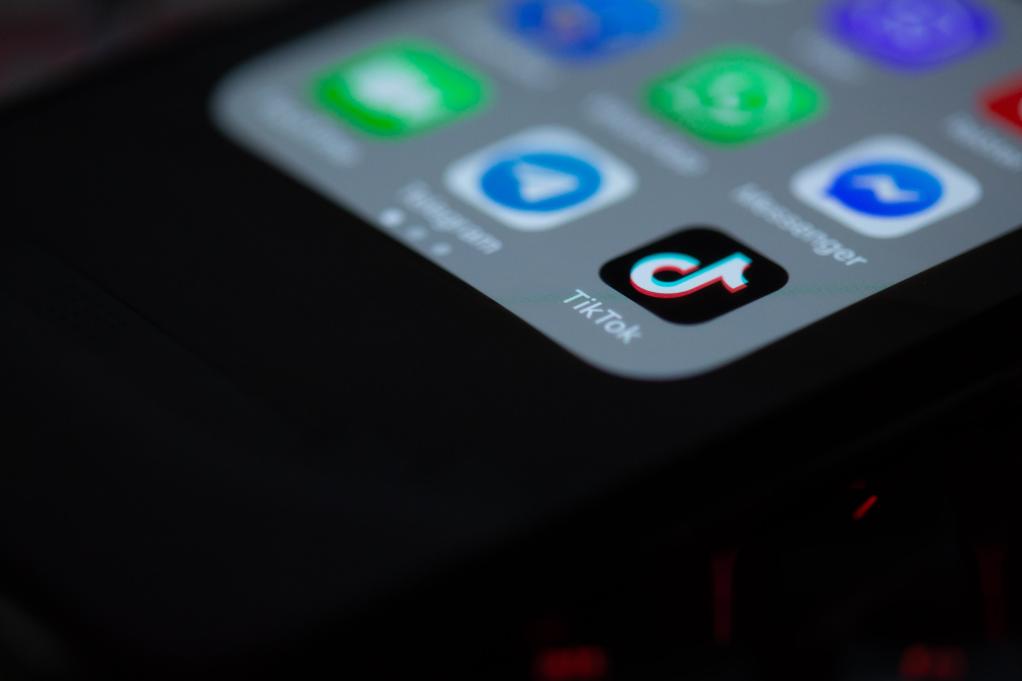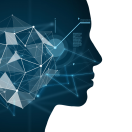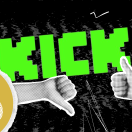
It’s probable that many of us faked or exaggerated a cold or stomach bug to get out of something like school when we were younger. I know I did. While it has to be said that most of the time my fake dramatics were unsuccessful in allowing me to miss double maths, those few occasions when my mum dropped the ball and actually believed me provided a rush of relief.
But for some people, that rush you get from faking an illness hasn’t gone away. Recently we’ve seen young communities on social media take their acting skills up a notch to pretend that they have serious mental disorders or learning disabilities. These include borderline personality disorder (BPD), tourettes, dissociative identity disorder (DID), eating disorders and autism.
Of course the obvious question here is, well, why? Why would someone want to pretend to have a life threatening mental illness or learning disability that many have been oppressed for their whole lives?
Glamorising mental illnesses isn’t a new concept on social media. Tumblr was the first to do it, with blogs dedicated to posting gory images of depression and eating disorders. As a person who did actually suffer with anorexia, I would spend hours scrolling through these blogs, lapping up black and white images of small, slight girls gracefully sporting a thigh gap with the quote “nothing tastes as good as skinny feels” slapped across the image like a tattoo. Gross.
While these blogs did provide a source of comfort to my suffering, I’ll be the first to admit that they made me feel superior and unique to everyone else. I had anorexia, what did you have? It’s a ridiculous concept, really, but I couldn’t help it.
Social media has moved on since then. It’s no longer a small community of people consuming anonymous imagery, but is instead real personalities romanticising mental illnesses and learning disabilities by actually pretending they suffer from them. It’s arguable that this new obsession is because social media users enjoy the positive reinforcement from others. Afterall, if the craze is something many want to be part of, what better way than to receive confirmation from online friends that your performance is convincing enough? On TikTok alone, the hashtag #did (dissociative identity disorder) has 1.2 billion views
Videos of fakers “cooking with tourettes” rack up tens of thousands of likes, while others introducing the world to their 30 “alters” – some of whom are fairies or demons or characters from a film – splash through people’s feeds with wigs and different clothes, conveniently able to “switch” on camera. Then there’s those pretending to have autism, creating videos where they “stim” to music and talk about their “cute” special interests. The idea that learning disabilities are now “quirky” is an interesting analysis into how attitudes have changed. Not too long ago people were ridiculed and abused for having autism. Suddenly it’s a fashion trend.
“People want to be autistic because being autistic is trendy within the communities people like this reside in.”
Young people, often so desperate for an identity, have turned to these illnesses and learning disabilities for something to grasp on to – instead of simply believing that their own unique characteristics are enough to validate their existence.
“At an age when you’re clamoring so much for identity, it seems like we’re encouraging young people to identify with suffering a little too much”
Social media has saturated the world to a point where we’re all desperate to be “different”. Young people, who are so easily influenced by the environment around them, want nothing more than a community and validation to fill their insecurities.
“It’s kind of expected to ‘have DID’ to be accepted into certain servers or places where they meet friends. I highly doubt these kids at this age have any malice’
And for those who do are genuinely diagnosed with these illnesses or disabilities? Their experiences have become a fashion choice, and something to be even more embarrassed by as corners of the internet start to scrutinise and question everyone online. Too scared to find support and constantly wondering whether their own illness is an illusion, they feel forced to suffer alone while fakers bask in the spotlight. You could be a faker too. Where’s your proof?





